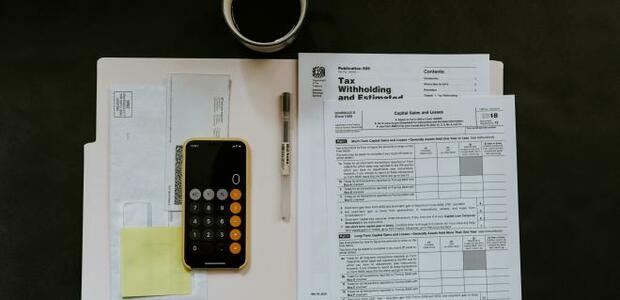
Seminar
 SA-TIED Seminar Series: Exploring options to deepen and broaden the personal income tax base in South Africa
SA-TIED Seminar Series: Exploring options to deepen and broaden the personal income tax base in South Africa
Over 60 years ago, Guy Orcutt and colleagues pioneered the use of microsimulation models in the social sciences to analyse the impact of social and economic policies. Although computational and data constraints initially hampered progress, these...
We investigate the behavioural responses of individual taxpayers to changes in marginal personal income tax rates applying empirical bunching methodology to tax administrative data from Zambia over the period from 2014 to 2021. We find evidence for...
This technical note describes the Uganda Revenue Authority (URA) Pay-As-You-Earn (PAYE) data covering financial years 2013/14 to 2021/22. PAYE is paid by an employer who withholds personal income tax on employees’ wages and other employment incomes...
The extent of redistribution in low-income developing countries, including in Africa, is very limited, which raises the question whether the tax rates of high-income individuals should be raised. A crucial parameter when considering a potential...
This paper explores two policy interventions in Zambia, a minimum wage hike in 2018 and an upward revision in the first kink in the progressive income tax schedule in 2017, to examine and compare the impact of minimum wage and tax kink changes on...

Improving tax systems is important for multiple reasons. For Kenya, finding ways to mobilize domestic revenue streams is critical to cutting the...
In this paper we explore options for augmenting South Africa’s personal income tax revenue using two microsimulation models: PITMOD simulates the personal income tax system and is underpinned by a dataset comprising a full extract of anonymized...
We evaluate a major personal income tax reform in Uganda that came into effect in 2012–13, contributing to the scarce literature on the effects of personal income tax reform on employees’ income in a low-income country in Africa. The reform increased...
Tax administration statistics now provide considerably more complete and reliable measures of South African personal income and its distribution than the available household or other survey sources. However, there are difficulties in using tax data...
We evaluate a major personal income tax reform in Uganda that came into effect in 2012–13. The reform increased the tax-free lower threshold, increased tax rates for higher incomes, and introduced an additional highest tax band. Using the universe of...
In this paper we explore South Africa’s personal income tax system using two microsimulation models. The first, SAMOD, simulates personal income tax and social benefits using a dataset derived from the nationally representative National Income...
This paper analyses the macroeconomic effect of legislated personal income tax changes in South Africa over the 1996–2019 period. We identify personal income tax shocks using a narrative approach and incorporate these shocks in a proxySVAR model. Our...
How can we determine the taxation of wage earners or multinational corporations in a fair manner? Will simplifying tax administration help increase...
The author applies the bunching methodology to South African administrative tax data over the period from 2011 to 2017 to investigate the responsiveness of individual taxpayers to changes in marginal personal income tax rates.She finds significant...